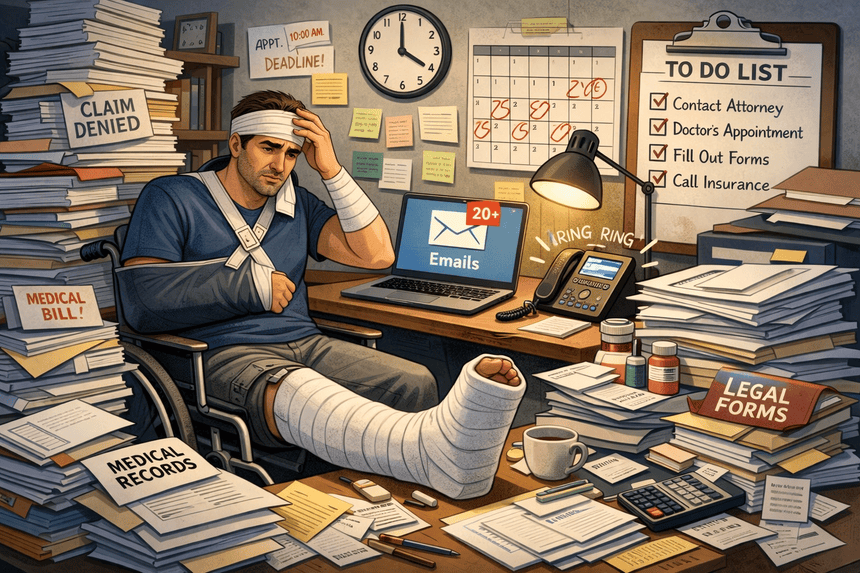When dealing with child dependency cases, the legal process can be complex and emotionally taxing. Parents or guardians who lose custody of their children due to allegations of neglect or abuse often seek legal recourse to regain custody. One of the most common questions in these situations is whether a dependency lawyer can appeal a case. The short answer is yes, but the process requires legal expertise and an in-depth understanding of dependency law.
Understanding Dependency Appeals
A dependency case typically begins when Child Protective Services (CPS) or another governmental agency removes a child from a home due to safety concerns. Once the case is brought before a juvenile dependency court, a judge determines whether the allegations are substantiated and if parental rights should be limited or terminated. If a ruling is unfavorable, parents or legal guardians have the right to appeal the decision with the assistance of a dependency attorney.
The Appeals Process
A dependency appeal is not a retrial but rather a request for a higher court to review the lower court’s decision. The appeal must demonstrate that a legal error occurred that affected the outcome of the case. Los Angeles dependency lawyers who specialize in appeals focus on specific legal issues such as:
- Misapplication of dependency laws
- Lack of sufficient evidence to support the court’s ruling
- Violation of a parent’s due process rights
- Incorrect procedures followed during hearings
Steps in Filing an Appeal
- Notice of Appeal: A dependency lawyer must file a notice of appeal within a strict timeframe, typically within 60 days of the court’s ruling.
- Record Review: The appellate attorney reviews the trial court records, including transcripts, reports, and legal arguments, to identify errors.
- Written Briefs: The dependency attorney prepares a legal brief outlining the errors and presenting arguments for reversal or modification of the ruling.
- Oral Arguments: In some cases, the attorney may present oral arguments before the appellate court to further clarify the legal issues.
- Court Decision: The appellate court either upholds the original ruling, reverses the decision, or remands the case back to the lower court for further proceedings.
Challenges in Dependency Appeals
Appealing a dependency case is challenging because appellate courts generally defer to the trial court’s findings, especially regarding factual determinations. However, if a procedural mistake or misinterpretation of the law significantly influenced the case’s outcome, an appeal can lead to a favorable resolution. Los Angeles dependency lawyers who specialize in appeals must be well-versed in juvenile law and appellate procedures to navigate these complexities effectively.
Why Choose Paul Metzger Law?
At Paul Metzger Law, our experienced dependency attorneys understand the urgency and sensitivity of child dependency cases. We work diligently to advocate for parental rights and ensure that all legal options, including appeals, are explored. If you believe that your dependency case was unfairly decided, our team can help assess the grounds for appeal and guide you through the process.
Conclusion
Yes, a dependency lawyer can appeal a case, but success depends on identifying legal errors and presenting a strong argument before the appellate court. Given the strict timelines and legal complexities involved, it is crucial to seek the assistance of skilled Los Angeles dependency lawyers who specialize in these matters. If you need legal assistance with a dependency appeal, Paul Metzger Law is here to provide expert guidance and representation.









